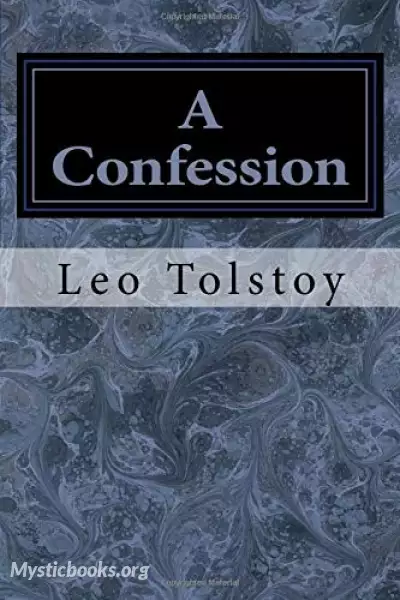
A Confession
by Leo Tolstoy
'A Confession ' Summary
Tolstoy goes on to describe four possible attitudes towards this dilemma. The first is ignorance. If one is oblivious to the fact that death is approaching, life becomes bearable. The problem with this for him personally is that he is not ignorant. Having become conscious of the reality of death, there is no going back.
The second possibility is what Tolstoy describes as Epicureanism. Being fully aware that life is ephemeral, one can enjoy the time one has. Tolstoy's problem with this is essentially moral. He states that Epicureanism may work fine and well for the minority who can afford to live "the good life," but one would have to be morally empty to be able to ignore the fact that the vast majority of people do not have access to the wealth necessary to live this kind of life.
Tolstoy next states that the most intellectually honest response to the situation would be suicide. In the face of the inevitability of death and assuming that God does not exist, why wait? Why pretend that this vale of tears means anything when one can just cut to the chase? For himself, however, Tolstoy writes that he is “too cowardly” to follow through on this most “logically consistent” response.
Finally, Tolstoy says that the fourth option, the one he is taking, is the one of just holding on; living “despite the absurdity of it,” because he is not willing “or able” to do anything else. So it seems “utterly hopeless” - at least “without God”.
So Tolstoy turns to the question of God's existence: After despairing of his attempts to find answers in classic philosophical arguments for the existence of God (e.g. the Cosmological Argument, which reasons that God must exist based on the need to ascribe an original cause to the universe), Tolstoy turns to a more mystical, intuitive affirmation of God's presence. He states that as soon as he said "God is Life," life was once again suffused with meaning. This faith could be interpreted as a Kierkegaardian leap, but Tolstoy actually seems to be describing a more Eastern approach to what God is. The identification of God with life suggests a more monistic (or panentheistic) metaphysic characteristic of Eastern religions, and this is why rational arguments ultimately fall short of establishing God's existence. Tolstoy's original title for this work indicates as much, and his own personal "conversion" is suggested by an epilogue that describes a dream he had some time after completing the body of the text, confirming that he had undergone a radical personal and spiritual transformation.
Book Details
Language
EnglishOriginal Language
RussiaPublished In
1882Genre/Category
Tags/Keywords
Authors
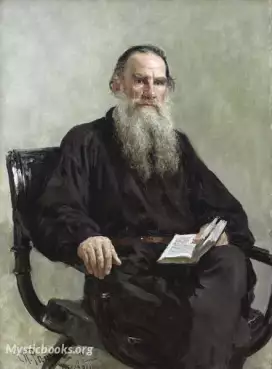
Leo Tolstoy
Russia
Leo Tolstoy was a significant figure in Russian literature, known for his novels "War and Peace" and "Anna Karenina." These works are celebrated examples of realist fiction, examining human experience...
Books by Leo TolstoyListen/Download Audiobook
- Select Speed
Related books
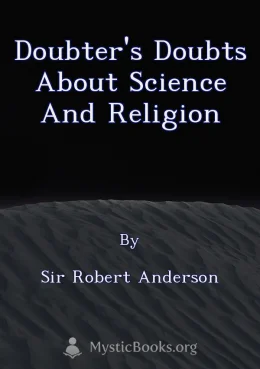
Doubter's Doubts About Science and Religion by Sir Robert Anderson
Sir Robert Anderson's "A Doubter's Doubts About Science and Religion" challenges prevailing scientific theories and explores the potential conflicts b...
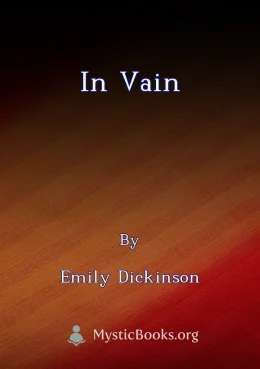
In Vain by Emily Dickinson
In Vain by Emily Dickinson is a collection of poems that explore the themes of death, loss, grief, and mortality. Dickinson's poems are often characte...
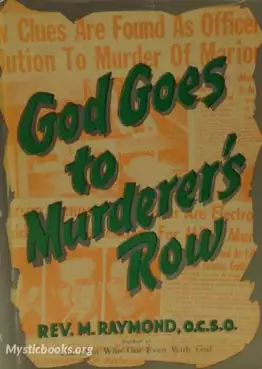
God Goes to Murderer's Row by M. Raymond
The Hound of Heaven stalks the death house in pursuit of the soul of a modern Dismas in this true story of a doomed criminal who found God in the soli...
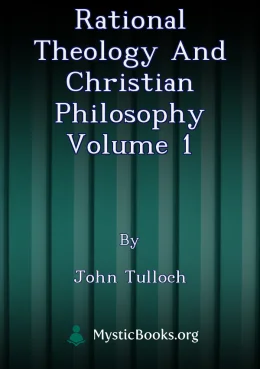
Rational Theology and Christian Philosophy volume 1 by John Tulloch
This book examines the development of rationalist thought within Christianity in England during the 17th century. Tulloch focuses on the lives and ide...
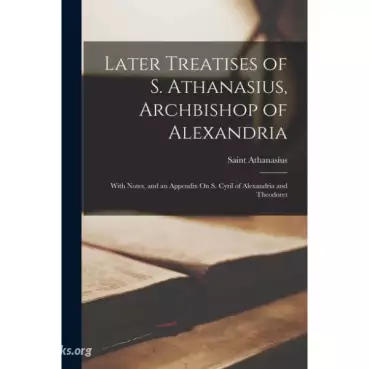
Later Treatises of Saint Athanasius, Archbishop of Alexandria by Theodoret of Cyrus
Saint Athanasius of Alexandria was a prominent early Christian theologian and bishop of Alexandria in the 4th century. He is best known for his defens...
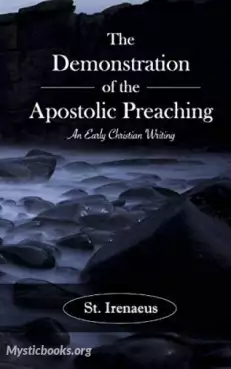
The Demonstration of the Apostolic Preaching by Irenaeus
Eusebius in his Ecclesiastical History tells us that in addition to his great work Against Heresies, St Irenaeus wrote A Discourse in Demonstration of...
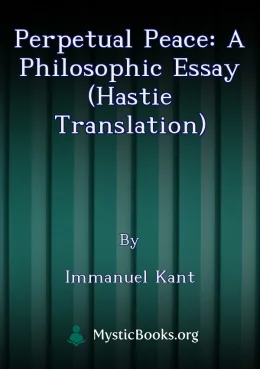
Perpetual Peace: A Philosophic Essay (Hastie Translation) by Immanuel Kant
This essay, written in 1795, puts forth a plan for a lasting peace between nations and peoples. Kant puts forth necessary means to any peace, and argu...
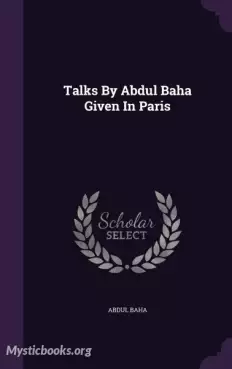
Talks by Abdul Baha Given in Paris by Abdul-Baha Abbas
Paris Talks is a book transcribed from talks given by `Abdu'l-Bahá, the son and successor of Bahá’u’lláh, the Founder of the Bahá’í Faith, while in Pa...
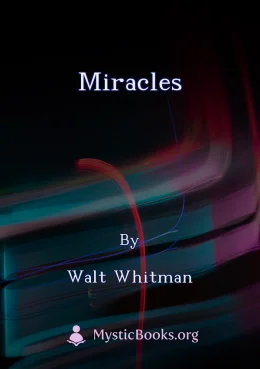
Miracles by Walt Whitman
LibriVox volunteers bring you 15 different recordings of Miracles, by Walt Whitman. This was the weekly poetry project for the week of March 4th, 2007...
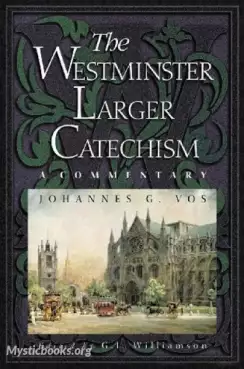
Westminster Larger Catechism by Westminster Assembly
The Westminster Larger Catechism, along with the Westminster Shorter Catechism, is a central catechism of Calvinists in the English tradition througho...
Reviews for A Confession
No reviews posted or approved, yet...